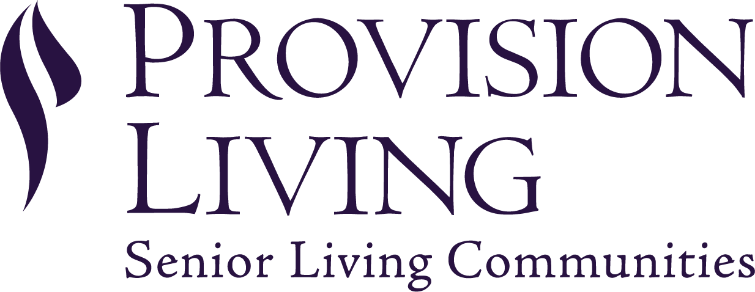The Importance of Lifelong Learning: Educational Opportunities in Assisted Living
Have you heard the saying “Knowledge is Power?”
Not only is knowledge power, but the pursuit of knowledge is a way to keep your brain active and healthy throughout your life. Were you so busy raising a family or working that you had no time to delve into things you wanted to learn? Does the memory of formal learning environments such as high school or college turn you off from the idea of furthering your education?
Now, you’re an older adult, and there are no term papers, tests, or grades to worry about. You can choose the subject you want to learn. You can do it on your own schedule. You can progress as fast or as slow as you want.
Now is the time for informal knowledge acquisition just for the joy of learning, expanding, and growing.
What are the Benefits of Lifelong Learning?
- Pursuing knowledge sharpens the mind–learning new things strengthens the connections made in the brain. Scientists at the University of Texas found that if you learn a challenging new hobby or skill, your memory skills increase notably. Another study found that seniors who took part often in intellectually stimulating activities had significantly less chance of developing Alzheimer’s disease.
- Learning can be fun. Use your creativity to think of things you used to like to do and learn more about them. Learn a new skill that increases your social activity and sense of anticipation and pleasure. You may experience fresh joy in the world around you.
- Learning can inspire the motivation to get up and do things. It can foster self-confidence and help people avoid depression.
- Proactively acquiring new knowledge gives people different skills and goals. As a senior, barring some limitations, you have the freedom to do things you have always wanted to do. Some seniors have graduated from college or completed a course of study even in their 80’s and 90’s.
- Lifelong learning helps with a person’s health. Researchers have found that spending small amounts of time doing engaging activities lowers heart rates and stress levels and relieves tension in the muscles. Lowered stress levels help decrease blood pressure, lessen depression, and lower the risk of cardiovascular problems.
Ten Tips for Continuing Education Options You Could Pursue
- Learn a new language or study a new subject. How about French or Spanish?
- Complete an online degree. Have you always wanted to learn how to write or study literature? Take courses!
- Learn how to use technology better. Technology is constantly changing. We all need to work to keep up.
- Learn a new sport or game, join a book club, study gardening tips, or be an armchair traveler.
- Take cooking classes or courses on nutrition or webinars on how to pair wine with food.
- Listen to lectures, read books, or take classes on history, current events, philosophy, or geography.
- Learn to paint, quilt, sew, or do crafts.
- Get involved in instructive musical activities such as learning to play a new instrument, singing in a group, or studying different musical styles. Maybe you could learn to play the harmonica?
- Boost your spiritual enrichment by reading books, watching religious services on TV, and participating in faith-based groups in your facility.
- Finally, research health issues online, in classes, or in reading materials.
There are so many learning possibilities!
How Can you Access These Opportunities?
Start Where You Are
Start where you are: in your assisted living facility. The best senior living communities offer a monthly calendar of activities, classes, or groups to participate in. Often, assisted living facilities will offer a variety of enrichment opportunities to help residents grow.
Talk to Neighbors
Talk to neighbors in your facility. Maybe someone has a skill they could teach you or knowledge of a topic that they would be willing to tell you about. The sharing of knowledge promotes friendships as well.
Visit Your Local Library (Virtual Visits Work, Too)
Your local library may have book clubs or classes you could join. Also, books can be checked out online by most libraries.
Get Online
Use the internet to search for an area you are interested in. Maybe you always wanted to learn the rules of a new card game, information about birds and animals in your area, or how to play dominos. That and so much more can be found on the internet by using Google, Bing, or other search engines.
Check Out Your Local College
If there is a local college in the area, see if it offers free or inexpensive classes to seniors. Consider auditing a course for fun. Or, as said before, enroll in classes to complete a degree or just to learn something new.
Watch TV!
Watch educational channels on TV. With a cable subscription, which your facility may provide, you can access programs such as TED talks, The Discovery Channel, NASA, The History Channel, or PBS.
YouTube Has Everything (Almost)
YouTube has many channels dedicated to almost every subject under the sun. Use the search bar to look for a topic. Many people have gained whole new skill sets simply by watching YouTube tutorials. You can access YouTube on a television if you have a smart TV.
Talk To Your Activities Director
Remember, the activities director at your facility can answer your questions and may also be able to provide classes in your area of interest.
Now is the Time to Begin Learning!
Don’t put it off. Find some learning opportunities you can become involved in. Remember, it is good for your health, your social life, and your brain, and it can be a lot of fun.


